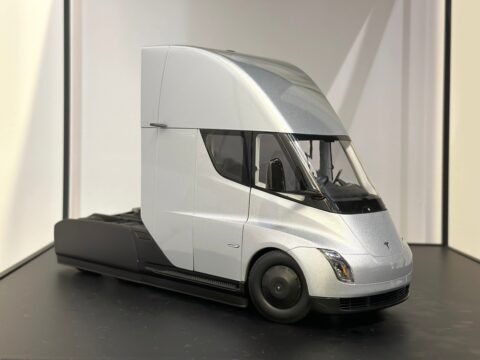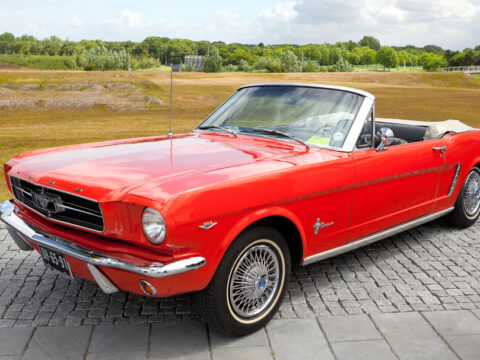Choosing tires for your vehicle is a crucial decision that impacts safety, performance, and cost. While it might be tempting to save money by opting for cheaper tires, this decision can lead to unexpected expenses and risks down the road. Here are 15 reasons why cheap tires could cost you more in the long run.
Contents
Shorter Lifespan
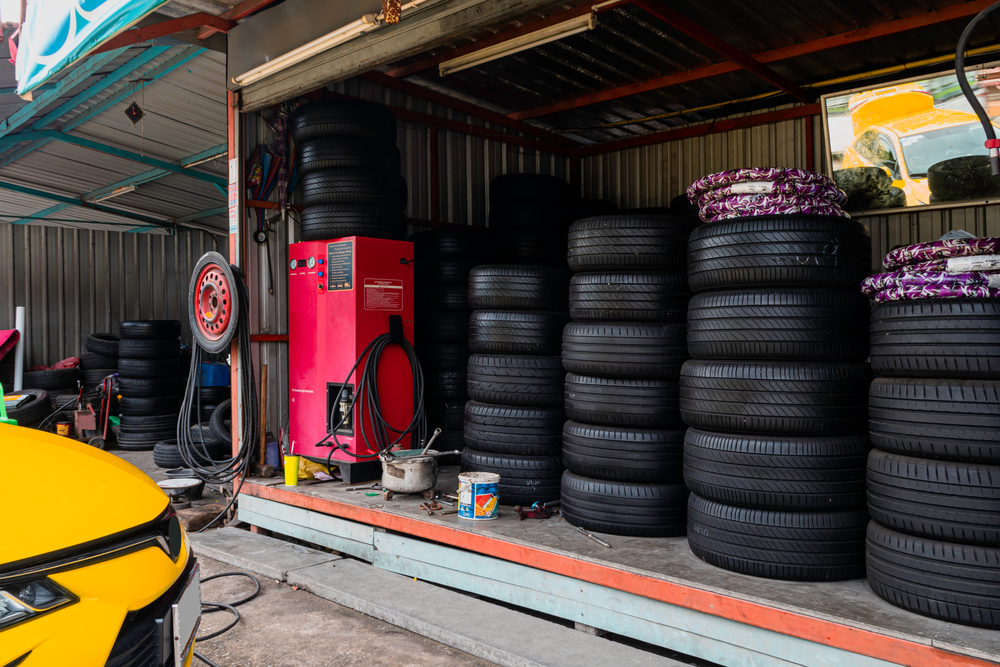
Image Editorial Credit: U-STUDIOGRAPHY DD59/ Shutterstock.com
Cheap tires often use lower quality materials that wear out more quickly than premium options. This means you’ll have to replace them more frequently, leading to higher costs over time. For example, while premium tires might last up to 50,000 miles, cheap tires may only last 20,000 to 30,000 miles.
Reduced Traction
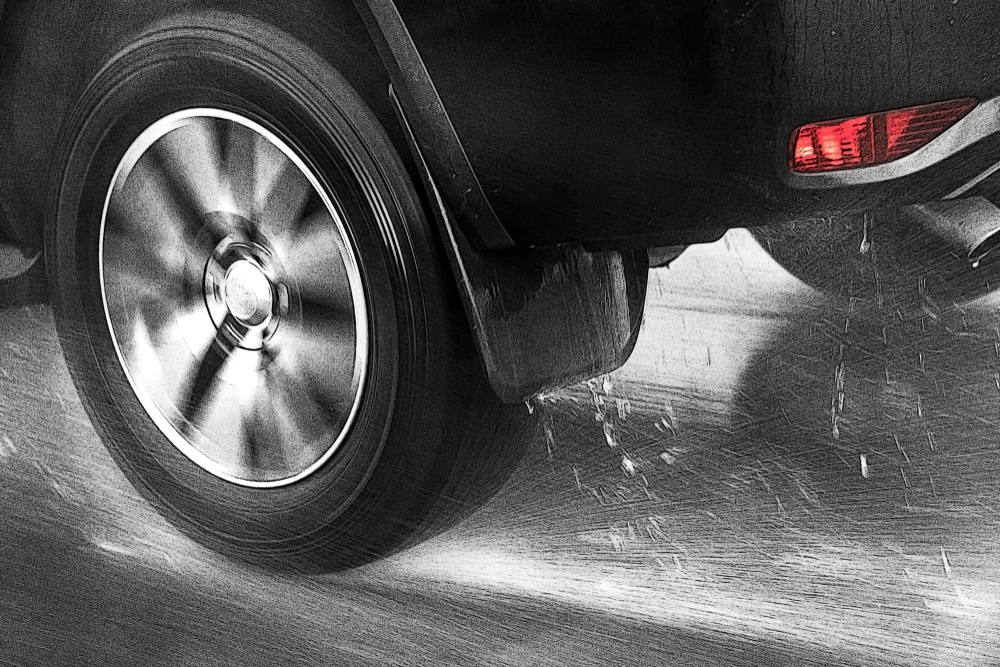
Inferior materials and construction methods can lead to poor traction, especially in wet or icy conditions. This increases the risk of skidding or losing control of your vehicle, which can lead to accidents. Quality tires have better rubber compounds and tread patterns designed to grip the road effectively.
Increased Risk of Blowouts
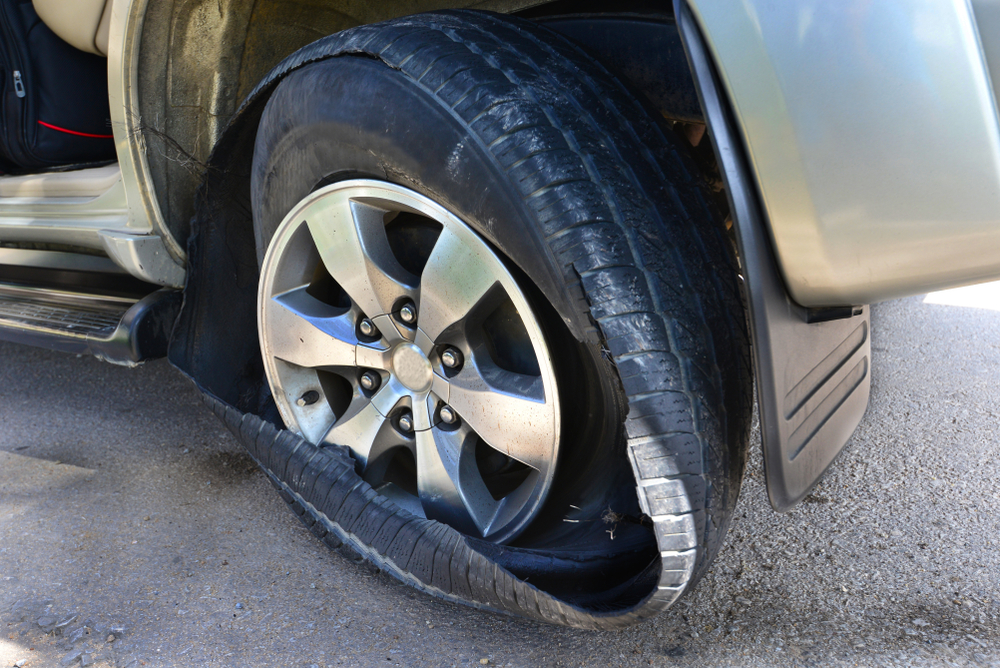
Cheap tires are more prone to blowouts due to their lower quality construction and materials. Blowouts can be dangerous, potentially causing accidents or leaving you stranded. High-quality tires are engineered to withstand road stresses better, reducing the risk of sudden failures.
Poor Fuel Efficiency
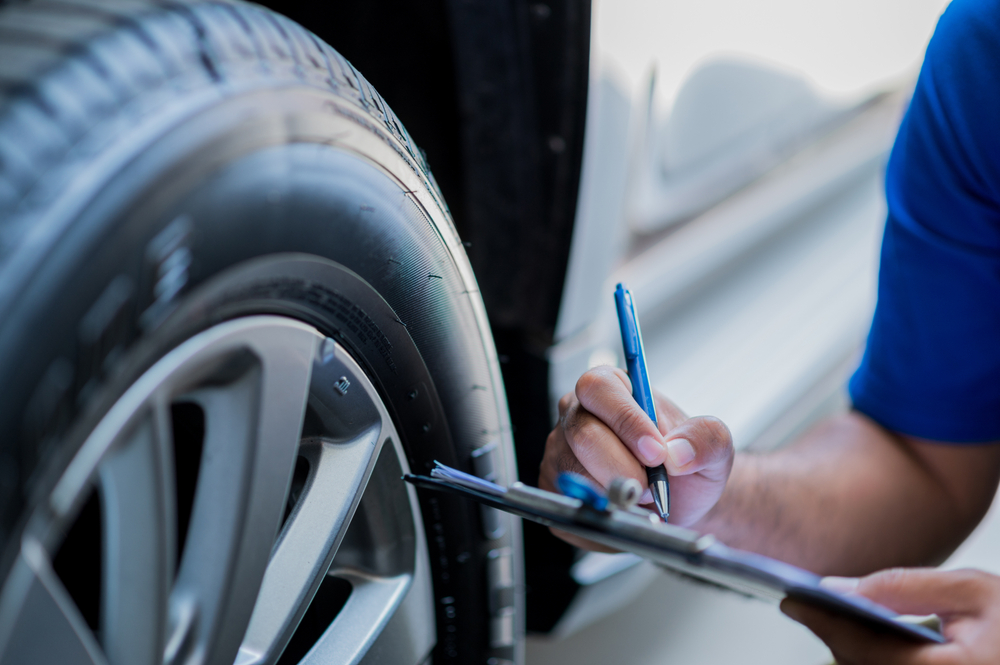
Budget tires often have higher rolling resistance, which means your car has to work harder to move, leading to increased fuel consumption. Over time, the extra fuel costs can add up, making the initial savings on cheap tires negligible.
Inadequate Handling

Cheap tires may compromise your car’s handling and responsiveness. They can make your vehicle feel less stable and harder to control, especially during sharp turns or emergency maneuvers. High-quality tires are designed to enhance handling, providing a safer and more enjoyable driving experience.
Longer Braking Distances
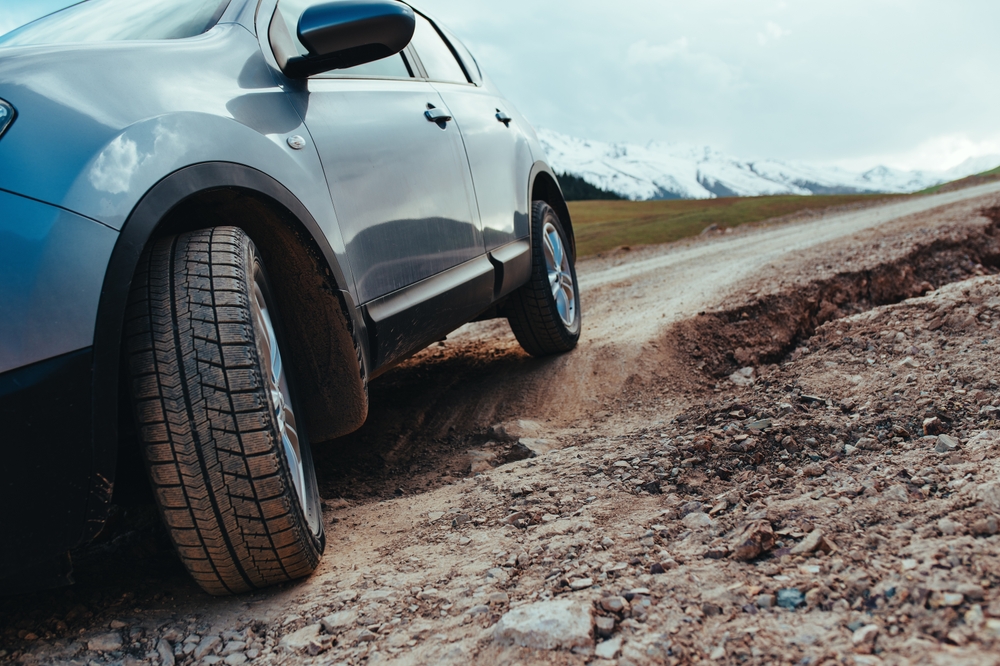
Substandard tires can significantly increase your vehicle’s braking distance. In an emergency, this can be the difference between stopping safely and having an accident. Premium tires often have advanced tread designs and rubber compounds that provide better stopping power.
Lower Load Capacity
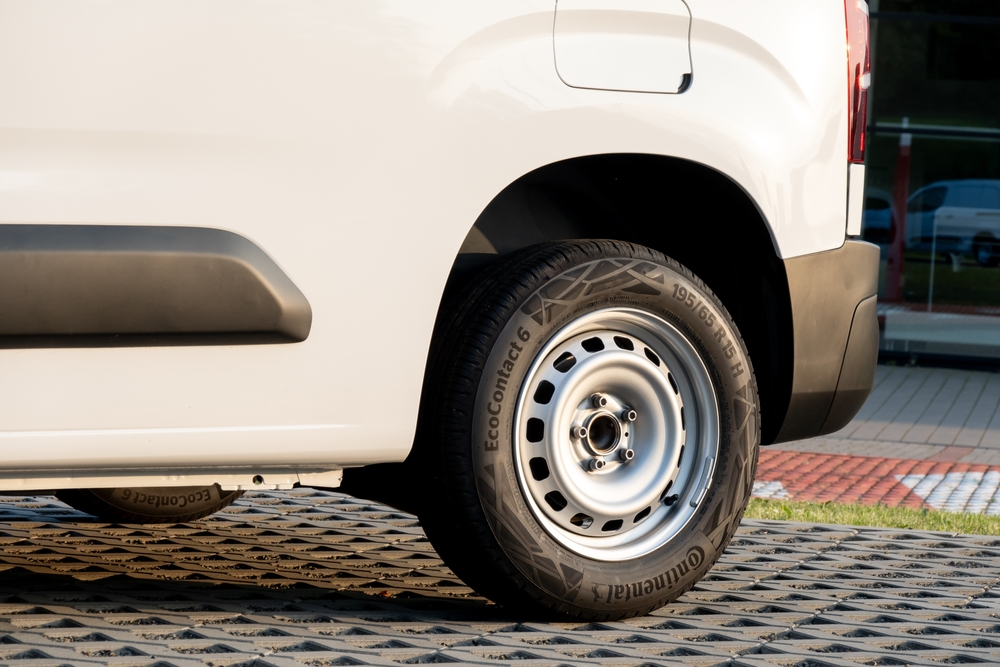
Budget tires might not support your vehicle’s load as effectively, particularly if you often carry heavy cargo or have a larger vehicle. Overloading cheap tires can lead to premature wear or even catastrophic failure. Quality tires are rated to handle higher loads safely.
Frequent Repairs
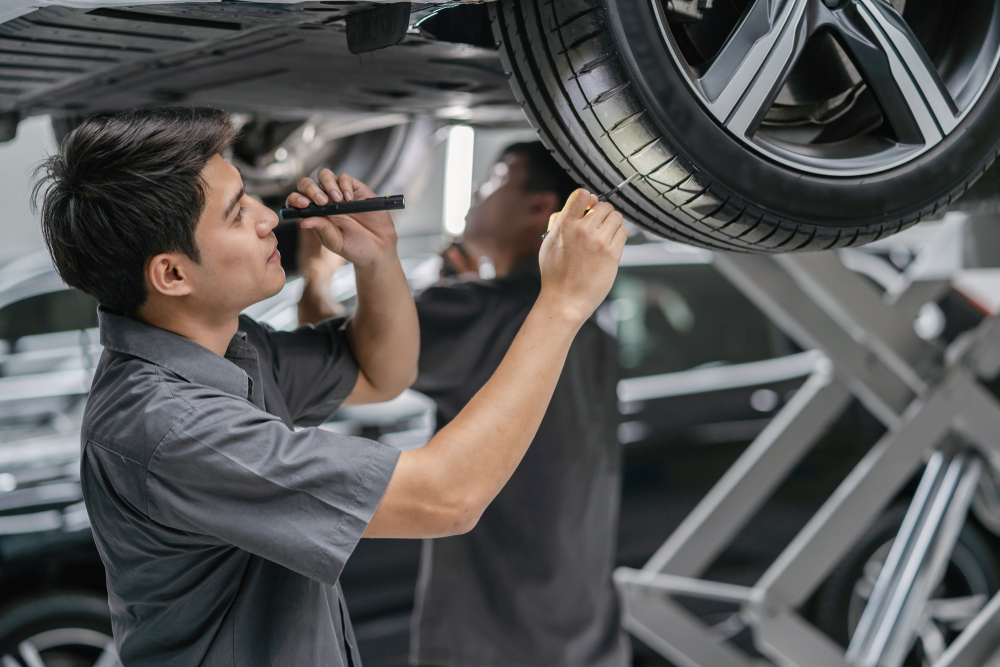
Cheap tires are more susceptible to punctures and other damage, leading to frequent repairs. This not only adds to your costs but also means more downtime for your vehicle. Premium tires use tougher materials and better construction techniques to resist damage.
Noise

Budget tires can be noisier due to less refined tread patterns and poorer construction. This increased road noise can make your driving experience less comfortable. High-quality tires are designed to minimize noise, providing a quieter ride.
Vibration and Ride Comfort
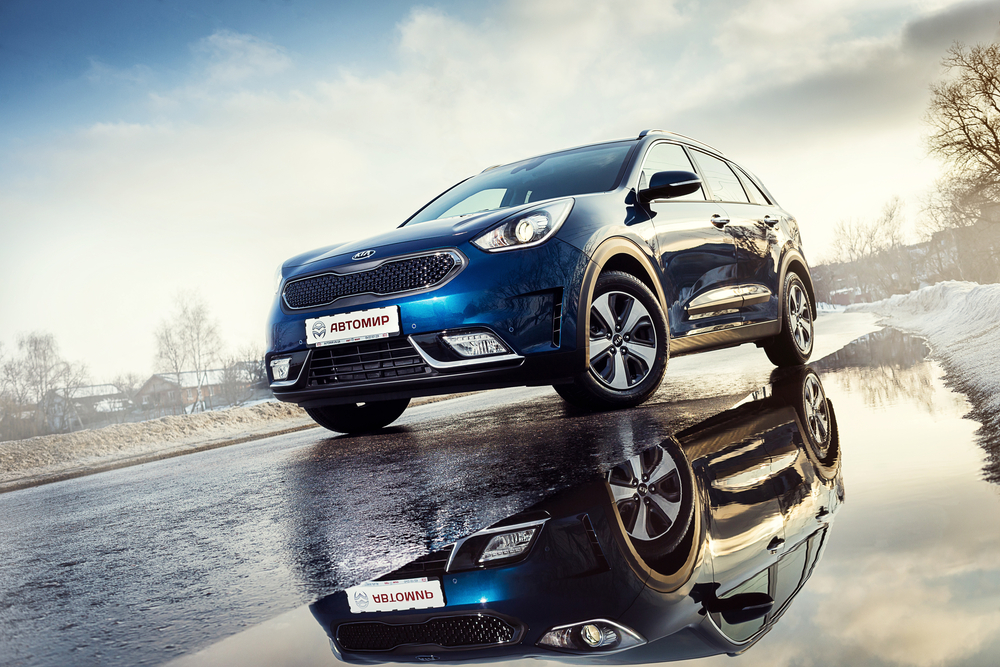
Cheap tires often provide a rougher ride due to poor construction and materials. This can result in increased vibration and reduced comfort, making long drives particularly unpleasant. Premium tires are designed to absorb road imperfections better, offering a smoother ride.
Poor Performance in Extreme Temperatures
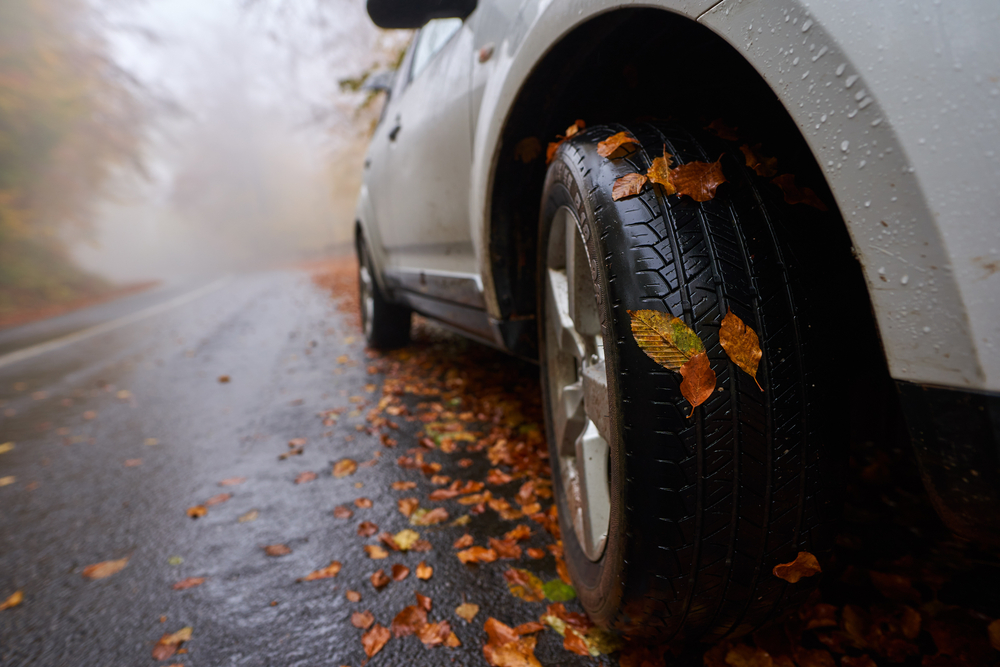
Inferior materials used in cheap tires can perform poorly in very hot or cold weather, affecting traction and safety. Quality tires are engineered to maintain performance across a wider range of temperatures, ensuring consistent handling and safety.
Inconsistent Quality
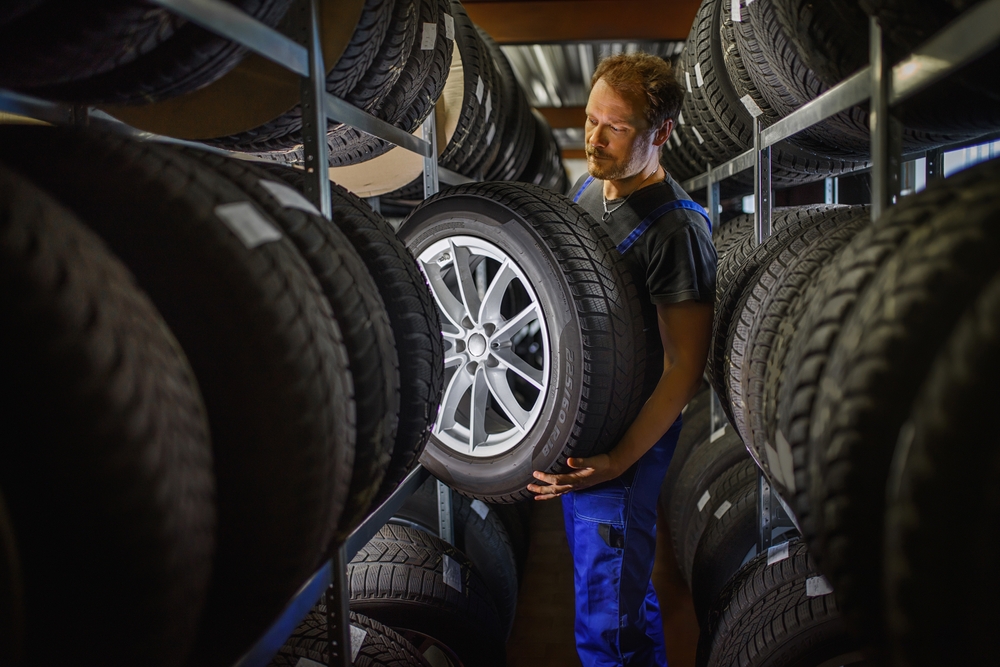
Cheap tires often have inconsistent quality, leading to unpredictable performance. This variability can be dangerous, as you might not know how your tires will respond in critical situations. Premium tires undergo stricter quality control, ensuring reliable performance.
Limited Warranty
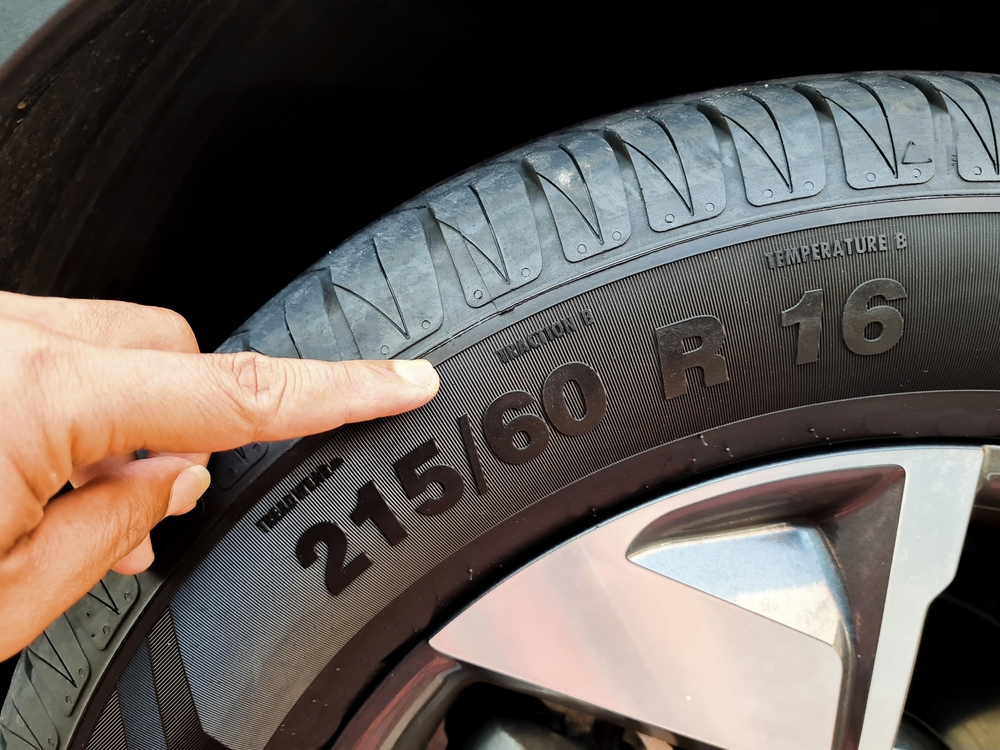
Budget tires usually come with shorter or less comprehensive warranties, offering less protection if something goes wrong. This can leave you facing unexpected costs for replacements or repairs. High-quality tires often come with better warranties, providing peace of mind.
Potential for Tire Separation
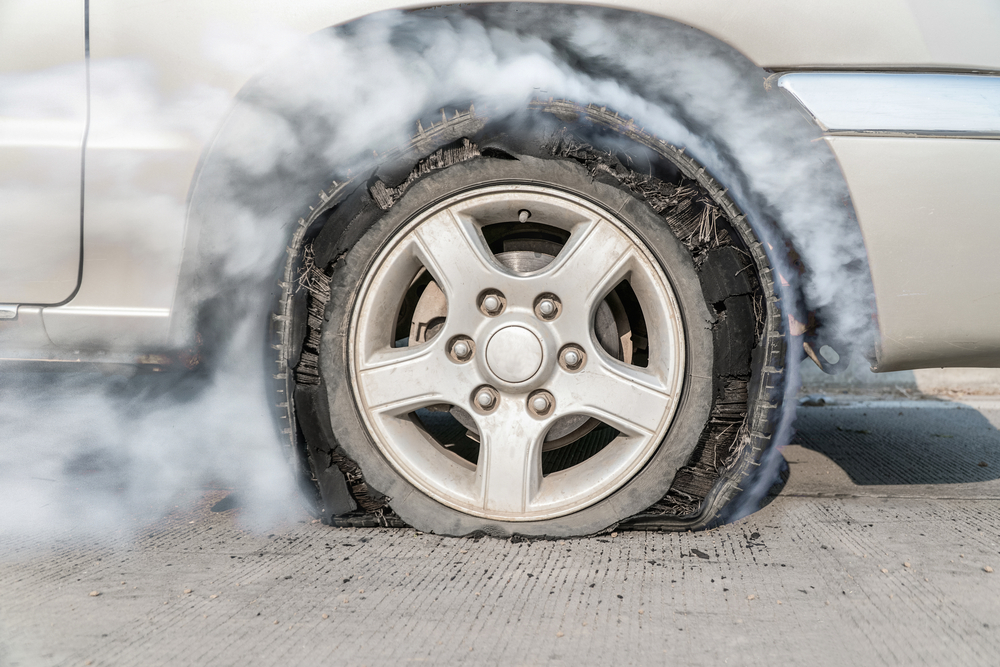
Poor bonding of tire layers in cheap tires can lead to separation, causing accidents. This is particularly dangerous at high speeds. Premium tires use advanced bonding techniques to ensure the layers stay intact, providing safer performance.
Less Effective Tread Design
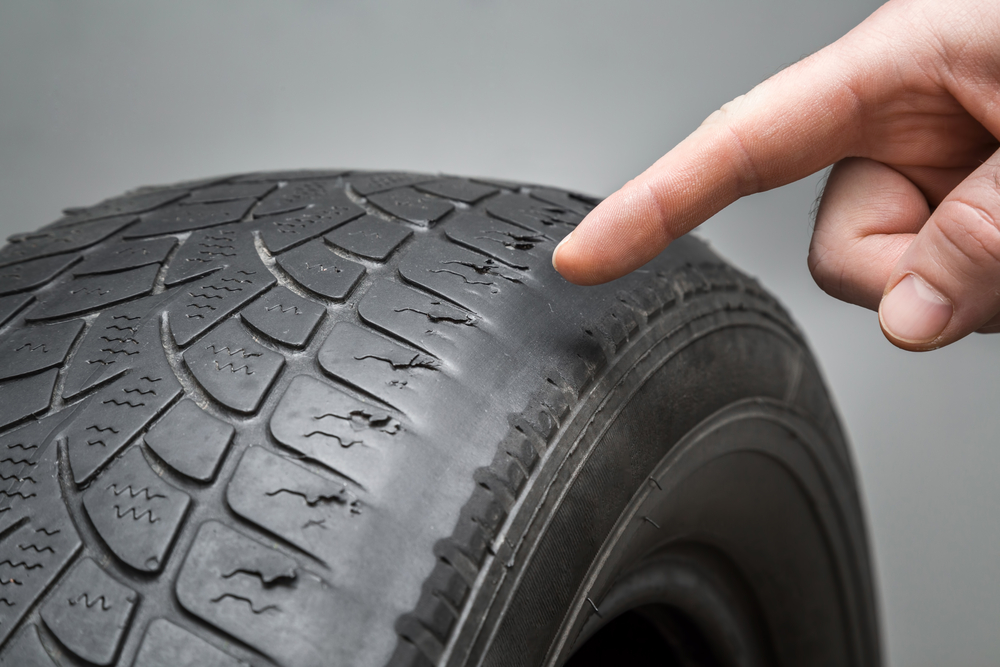
Cheap tires often have less effective tread patterns, reducing traction. This can be particularly hazardous in wet or snowy conditions. Quality tires feature sophisticated tread designs that improve grip and reduce the risk of hydroplaning.
This article originally appeared in MyCarMakesNoise.
More from MyCarMakesNoise
20 Design Flaws in Iconic Sports Cars

Even the most iconic sports cars aren’t without their flaws. Despite their legendary status, some of these vehicles have design issues that impact performance, comfort, or reliability. Read More.
19 High-Performance Electric Cars That Deliver Incredible Value
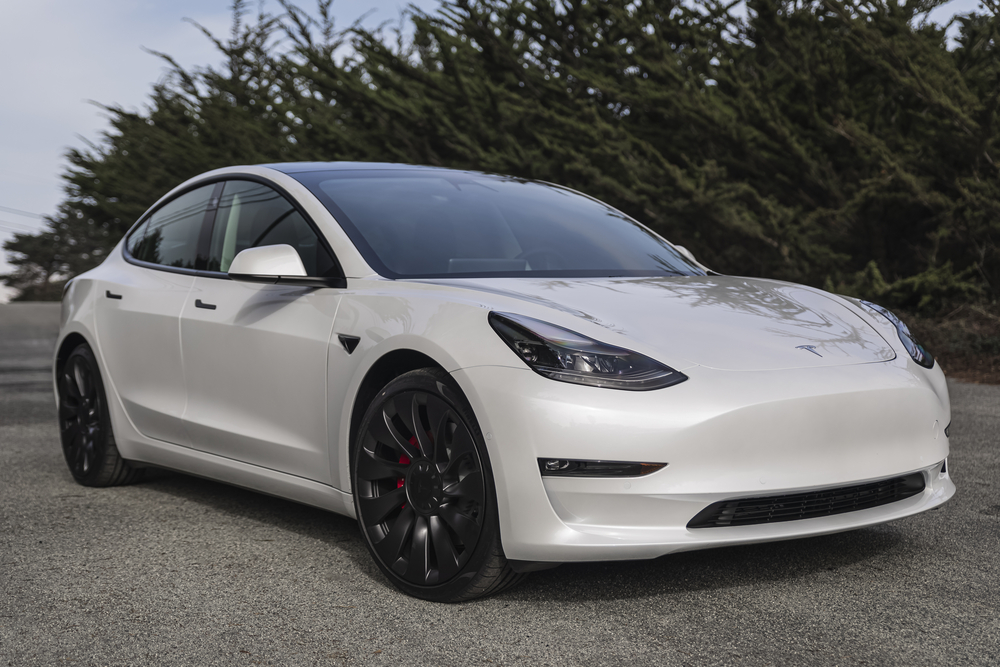
In today’s fast-paced world, electric cars are proving that you don’t have to compromise performance for sustainability. With advancements in technology, many high-performance electric vehicles now offer incredible value, blending speed, efficiency, and affordability. Read More.
20 Budget-Friendly Classic Cars That Are Worth Collecting
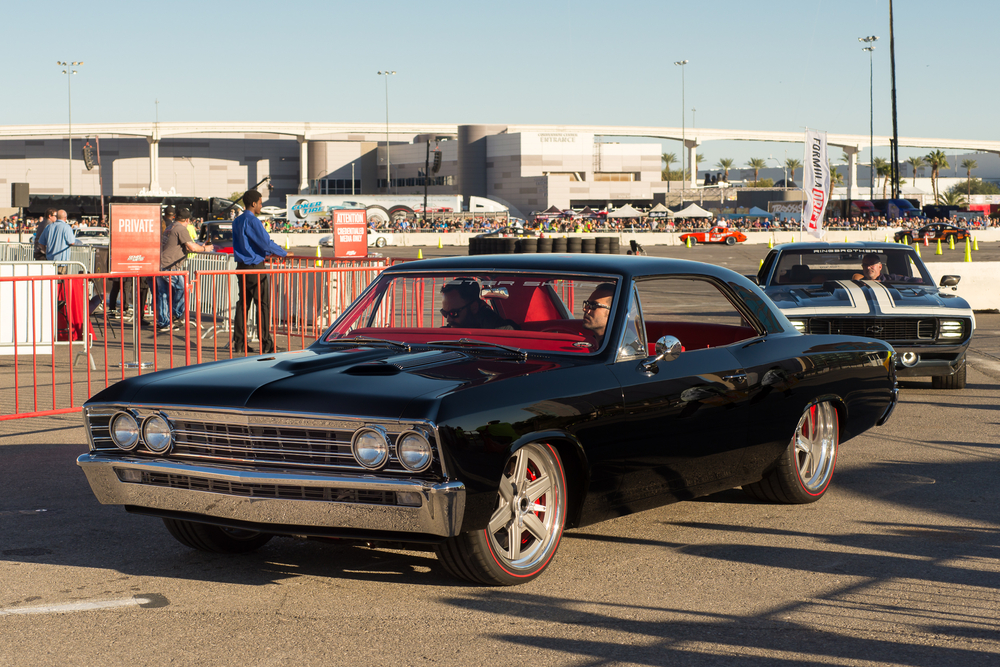
Collecting classic cars doesn’t have to be an expensive hobby. In fact, there are plenty of timeless vehicles out there that won’t break the bank. Whether you’re a seasoned collector or just starting out, our list of 20 affordable classic cars proves you can enjoy the charm and nostalgia of vintage automobiles without draining your savings. Read More.


